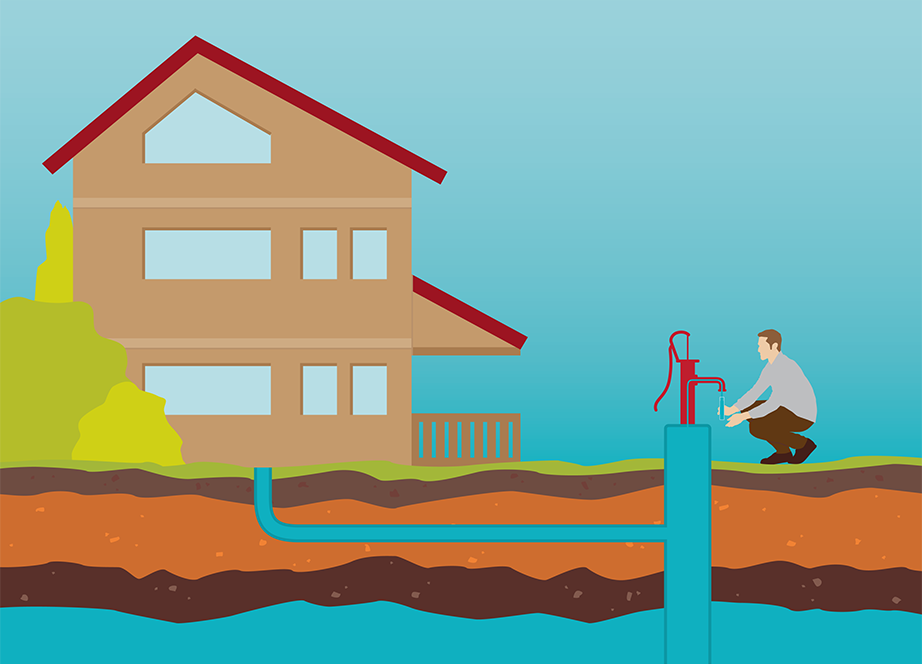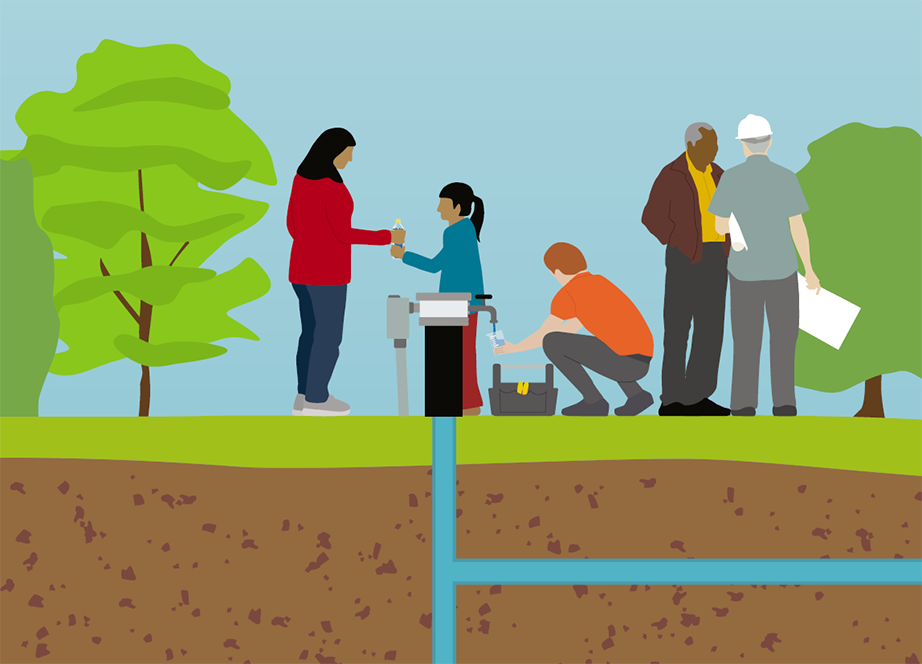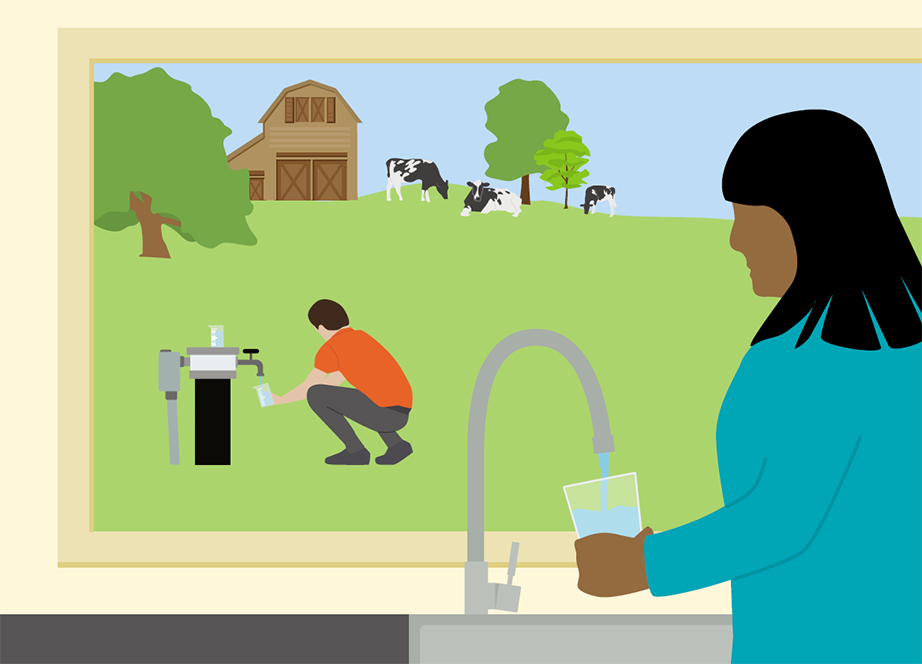The federal Safe Drinking Water Act regulates the nation’s public drinking water supply, safeguarding drinking water for most US residents — but it does not apply to all drinking water sources.
Ensuring safe drinking water for all US residents is a crucial component of creating healthy, equitable communities across the nation. However, over 40 million Americans — approximately 12% of the US population — rely on federally unregulated private wells for drinking water. These residents are more likely to be exposed to harmful bacteria or unsafe levels of nitrates and arsenic, which can lead to inequities and serious health consequences for families and entire communities.
With support from the Centers for Disease Control and Prevention, ChangeLab Solutions developed this suite of resources for environmental and public health professionals who want to use policy to promote safer drinking water in federally unregulated wells.
Use the resources highlighted below to learn more about how drinking water is regulated in the United States, see how other jurisdictions are working to close the water quality gap, dive into the policymaking process, and understand how state-level policies can affect all aspects of private well water systems.



